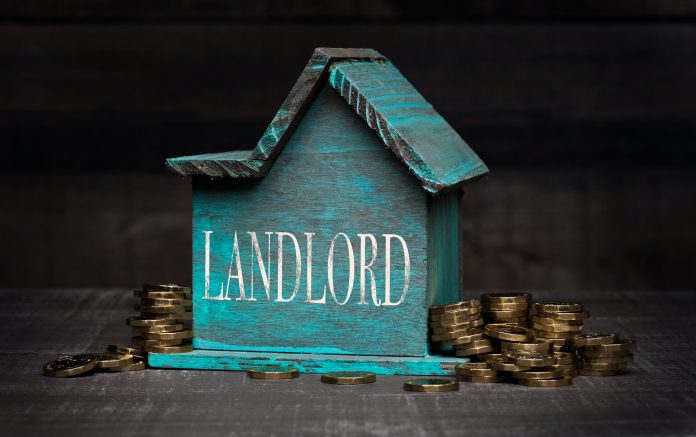¨Key Highlights
- Failing rent collections likely to affect smaller landlords who have less cushion and less capacity to borrow
- According to The Joint Center for Housing Studies at Harvard University, individual investors own about half the supply of “naturally occurring affordable housing”
- These apartment buildings and single-family homes filled with renters hardest hit by COVID-economy
Since 2014, according to Harvard’s Joint Center, the US has had approximately 2.7M affordable housing units. These units are defined by having rents of less than $600/month. Most of this “naturally occurring affordable housing” is supplemental to the severely undersupplied government housing programs such as Section 8 rental units and Low-Income Housing Tax Credit housing that have years-long waiting lists. This is kind of affordable housing anyone can find on Craigslist.
Download Your FREE Ultimate Agent Survival Guide Now. This is the exact ‘do this now’ info you need. Learn NOW How to Access All The Bailout Program Cash You Deserve. Including Unemployment and Mortgage Forbearance Plans. To Access the Ultimate Agent Survival Guide Now Text The Word SURVIVAL to 47372. 4 Msgs/Month. Reply STOP to cancel, HELP for help. Msg&data rates may apply. Terms & privacy: slkt.io/JWQt
Owners of these affordable housing units are extremely vulnerable if/when their tenants stop paying their monthly rental payments as these owners don’t have deep pockets nor bankers in their pockets to bail them out if/when need be.
Even though the National Multifamily Housing Council reported that landlords had collected 90.8% of rents due through May 20, buildings with lower income/poorer tenants have lower collection rates. ApartmentList, a renting listing service, reported that 31% of landlords said they did not get full May rental payments on time.
John Pawlowski, an analyst with Green Street Advisors, a real estate research firm, said, “Landlords and renters will share in the pain.” Tenants living in moderate and low-income units in market-rate developments and small landlords with loans held by private lenders, not the federal government, have been left out of any rental assistance or landlord assistance federal relief programs such as the CARES Act.
Individual or mom-and-pop investors in affordable housing are saying more and more these days that they simply cannot afford owning housing when tenants stop paying the rent. Their only option to avoid bankruptcy is to sell their property to, in some cases, first-time buyers or, in other cases, to institutional or corporate investors. The immediate result? That affordable housing simply goes away.
For tenants unable to pay their rent, evictions and utility shutoffs will go up once the ban on evictions and shutoffs run their respective courses.
Diane Yentel, chief executive of the National Low Income Housing Coalition, said that both landlords and renters need emergency assistance to stay afloat. “Without it, we will end this (COVID and economic) crisis having saddled low-income renters with more debt, and having lost more of our country’s critical housing stock.”
Thanks to Curbed.
Also read: Future-Proofing Suburbs, Apple Steps Up to the Plate with Google and Facebook to Confront CA Housing Crisis, NIMBYism Blocks Affordability

























